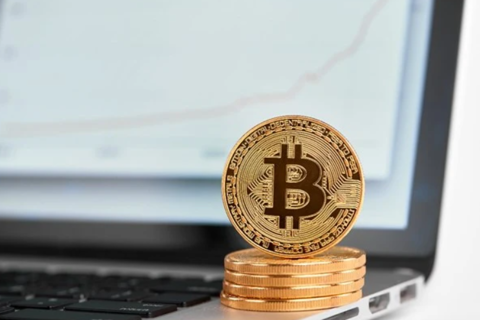Inclusive innovation must give everyone equal voice, experts say at TECHFEST Vietnam 2025
Open innovation is becoming a cornerstone of Vietnam’s development strategy, as policymakers, experts and international partners emphasize people-centered collaboration to tackle inequality, climate change and urbanization through inclusive, technology-driven solutions showcased at TECHFEST Vietnam 2025.
14 Dec, 02:17 AMVietnam attracts $400 million in venture capital as tech startups surge
Vietnam’s startup ecosystem continues to expand rapidly, with strong venture capital inflows and fast growth in digital, AI and green technologies, reinforcing the country’s appeal to global investors.
13 Dec, 04:40 PMVietnamese policymakers push for early launch of gold exchange
A transparent gold exchange would not only offer a safe investment channel for the public but also provide a foundation for Vietnam to become a regional hub for jewelry manufacturing and exports.
12 Dec, 04:05 PMRosatom commits to advanced-technology Ninh Thuan 1 nuclear plant in Vietnam
Rosatom will transfer technology, localize nuclear products in Vietnam and support the development of the country’s nuclear science and industry for peaceful purposes.
12 Dec, 03:38 PMHanoi accelerates innovation reforms to become favorite destinations for investors, technology talents
Hanoi is pushing forward a wide range of innovation-driven reforms and investment initiatives as it works to become one of the world’s most attractive destinations for high-tech and strategic investors.
11 Dec, 10:02 PMVietnam mulls sharp rise in casino entry fee for locals
Such higher rates are intended to discourage individuals without adequate financial capacity from entering casinos.
09 Dec, 03:24 PMVietnam’s export strength in 2025 builds solid momentum for 2026 growth
With trade turnover nearing the US$900-billion mark, Vietnam enters 2026 with renewed confidence despite global volatility, rising trade barriers and shifting supply chains. Deputy Director of the Import–Export Department Tran Thanh Hai has outlined the drivers of this growth and the priorities for sustaining momentum next year.
08 Dec, 10:00 PMVietnam sets new trade record as import–export turnover nears $840 billion
Vietnam recorded its highest-ever trade performance in January-November as import–export turnover surged, driven by strong export growth and a continued trade surplus.
08 Dec, 06:22 PM







